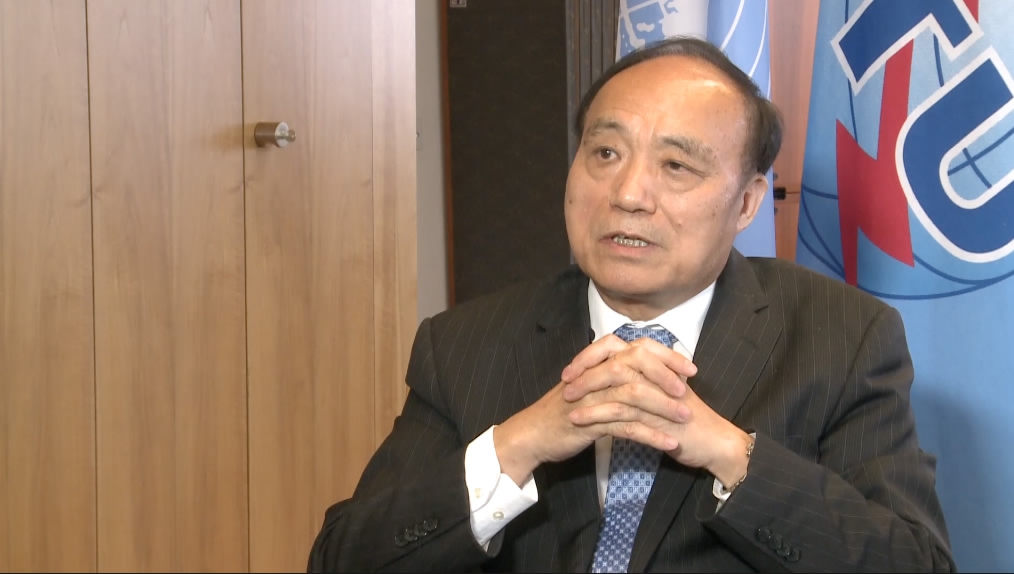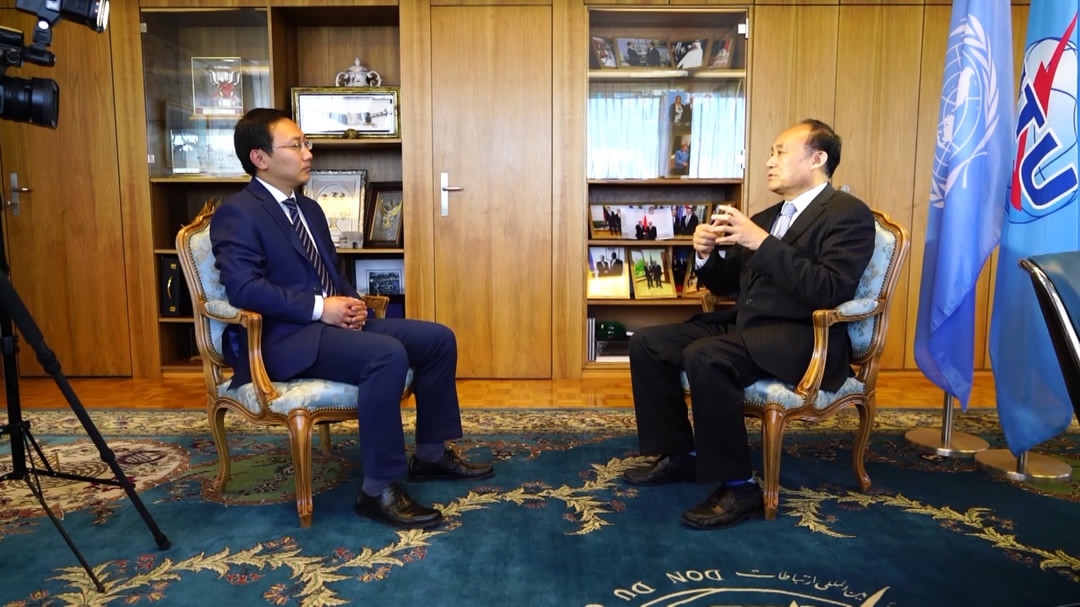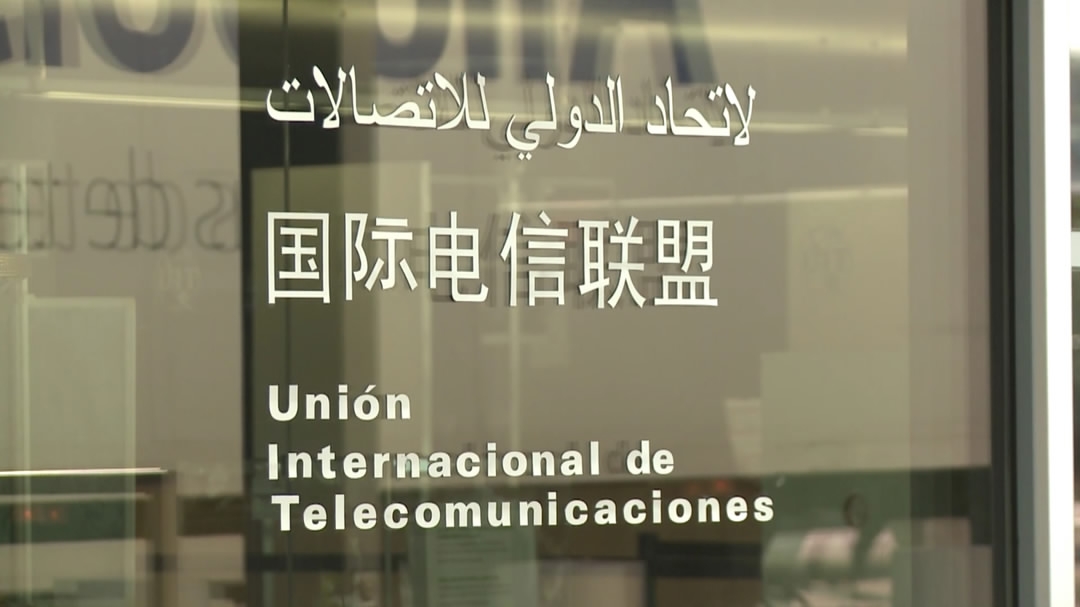
Business
09:30, 01-May-2017
ITU Chief: China’s Belt and Road to bridge global digital divide

By CGTN's Zhang He
China’s Belt and Road initiative will help bridge a global divide to get access to information and communication technologies (ICT), said Zhao Houlin, Secretary-General of International Telecommunication Union (ITU).
Zhao will take part in the Belt and Road Forum for International Cooperation, which starts on May 14 in Beijing. “It is a great opportunity for the ITU to work with our Chinese partners to promote ICT development in the world,” said Zhao. “We are proud of the Belt and Road Initiative raised by China.”

ITU Secretary-General Zhao Houlin talks with CGTN reporter Zhang He on April 23, 2017. /CGTN Photo
ITU Secretary-General Zhao Houlin talks with CGTN reporter Zhang He on April 23, 2017. /CGTN Photo
China's information and communication technology sector has grown rapidly. It is world’s largest Internet market and the biggest market for smart phones globally.
“China’s 3G mobile technology has been accepted by the ITU as a global technology. Big Chinese companies like Huawei and ZTE actively help the world to develop a new information society. Alibaba and Tencent come to the stage as the new player to show their innovative and very valued platform to engage people to new information society,” said ITU Secretary-General Zhao Houlin. “China is developing very fast and also helps the rest of the community to have new development on a global level and promote the Belt and Road initiative.”

International Telecommunication Union’s headquarters in Geneva, Switzerland /CGTN Photo
International Telecommunication Union’s headquarters in Geneva, Switzerland /CGTN Photo
Data released by the ITU, the UN specialized agency for information and communication technology (ICT), showed more than half of the world's population remain cut off from Internet, and an estimated 95 percent of the global population are living in an area covered by a basic 2G mobile-cellular network.
Zhao said ITU is looking forward to working with China to promote regional interconnectivity by addressing the cross border-regions along the Belt and Road countries. “If you look at those counties in the Belt and Road regions, the internet penetration is quite low. It happens in central Asia areas, like Uzbekistan, Tajikistan, and Kyrgyzstan, and these countries are focusing on the development of information and communication technology. I am sure they will ask Chinese partners to help them with its development.”

SITEMAP
Copyright © 2018 CGTN. Beijing ICP prepared NO.16065310-3
Copyright © 2018 CGTN. Beijing ICP prepared NO.16065310-3